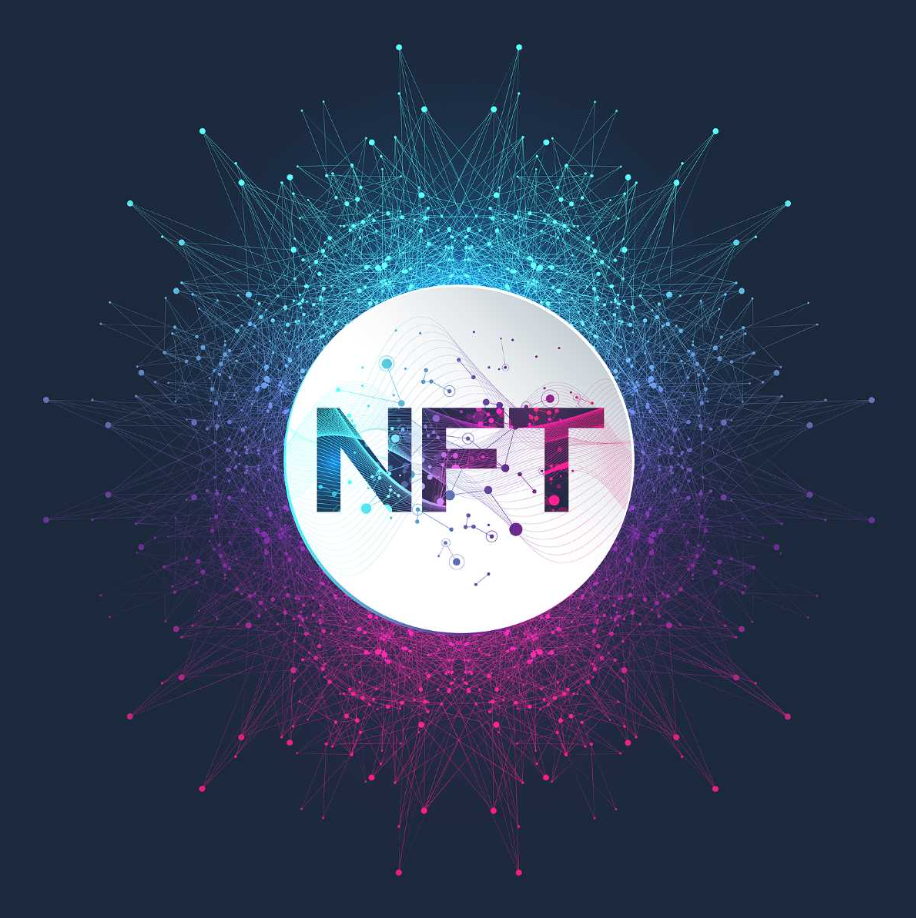In an effort to regulate the burgeoning blockchain ecosystem on its platform, Google has announced a new policy for blockchain-based applications on Android available through the Google Play Store. These rules, effective from December 7th, address key areas like cryptocurrency exchanges, software wallets, transparency requirements, and rules concerning NFT gamification, including 'loot boxes'.
The new policy outlines the following stipulations for tokenized digital assets secured on a blockchain:
- Crypto exchanges and software wallets must adhere to relevant regulations in their target regions. Google stipulates that the "purchase, holding, or exchange of cryptocurrencies should be conducted through certified services in regulated jurisdictions". To validate compliance with these regulations, Google may require additional information from developers.
- Google mandates transparency for apps that sell or allow users to earn tokenized digital assets. Developers are discouraged from promoting or glamorizing potential earnings from gaming or trading activities.
- Gambling apps incorporating digital assets like NFTs are required to go through Google's special application process. For apps failing to meet Google's gambling app requirements, they cannot accept money in exchange for "a chance to obtain an NFT of unknown value", and NFTs can't be used as wagers to attempt winning real-world money prizes.
While Google's policy continues to ban on-device crypto mining, this rule, previously a part of Google's financial services section, has now been included in the blockchain-specific content policy.
These updates are part of a broader enhancement of Google's Play Store policies. Notably, apps offering financial features must submit a "financial features declaration form". Moreover, Google's updated "deceptive behavior" policy mandates that an app's functionality should be "reasonably clear" to users, and developers must avoid including "any hidden, dormant, or undocumented features within your app."






